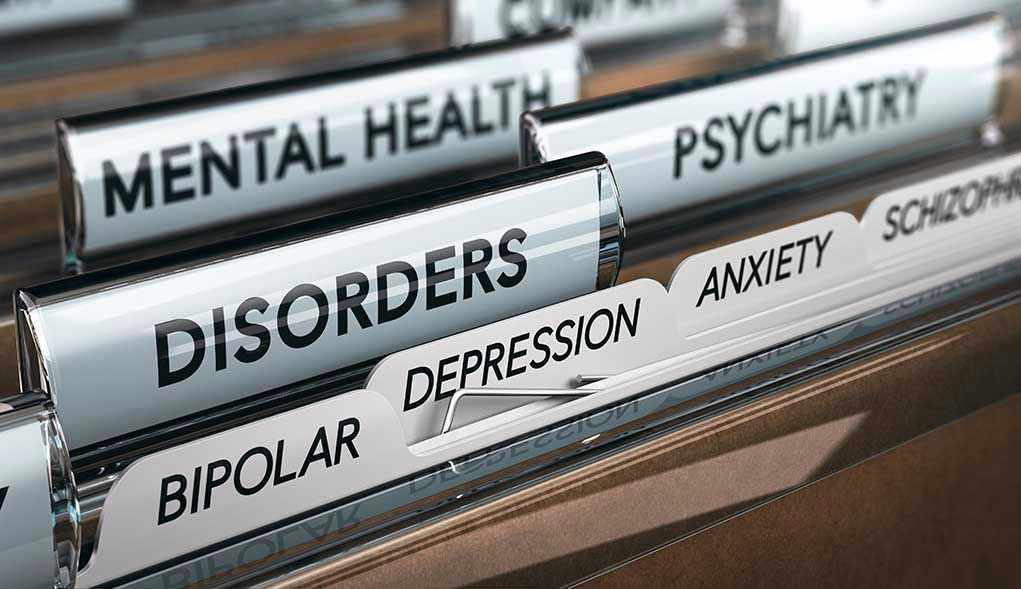
Women experiencing premature menopause are facing an alarming depression crisis that reveals how critical it is for America to address the mental health challenges lurking beneath the surface of hormonal changes.
At a Glance
- Nearly 30% of women with premature ovarian insufficiency (POI) suffer from significant depressive symptoms.
- Key risk factors include younger age at diagnosis, severe menopausal symptoms, and lack of emotional support.
- Hormone therapy does not significantly impact depression rates in women with POI.
- The Menopause Society calls for comprehensive care beyond hormonal management.
The Hidden Crisis of Depression in Premature Menopause
Premature menopause, or premature ovarian insufficiency (POI), is not just a biological milestone but a profound emotional journey. Affecting around 1% of women under 40, this condition leads to a sudden drop in estrogen and fertility, upending life plans and self-identity. The recent study published in *Menopause* shines a light on a hidden crisis: a staggering 30% of women with POI face significant depressive symptoms. This is more than just a health concern; it’s a societal failure to recognize and support the mental health needs of women.
Historically, the focus has been on hormonal changes, but recent research highlights the emotional and social dimensions of POI. Women with POI often find themselves in a lonely struggle, battling grief, loss of identity, and altered life goals. The diagnosis comes unexpectedly, disrupting everything. Despite previous assumptions, hormone therapy does not significantly affect depression rates, and estradiol levels don’t correlate with depressive symptoms. This challenges the belief that simply balancing hormones can resolve mental health issues.
The Role of Key Stakeholders
Women with POI are the primary affected group, but healthcare providers, including gynecologists, endocrinologists, and mental health professionals, play crucial roles in diagnosis and support. The Menopause Society and academic researchers are at the forefront, advocating for improved care and understanding. Families and social networks also play a pivotal role, with their support—or lack thereof—greatly influencing mental health outcomes. Yet, women with POI often find themselves with limited agency in the medical system, reliant on provider expertise and institutional support.
Policy makers and insurers wield significant influence over access to mental health and reproductive health services. The power dynamics are clear: clinicians, researchers, and advocacy organizations have a significant say in treatment guidelines and public awareness. For real change to happen, these stakeholders need to recognize that hormonal management is only part of the solution. Comprehensive care must address emotional and psychosocial needs.
Current Developments and Impacts
The July 2025 study underscores the urgent need for improved screening and mental health support in clinical settings. The findings are a wake-up call: nearly one-third of women with POI are affected by depression. Short-term implications include high rates of depression and anxiety, demanding immediate attention. Long-term implications point to chronic mental health issues and reduced quality of life. Social consequences ripple through family planning, relationship strain, and social stigma.
The economic, social, and political impacts are significant. There’s an increased demand for mental health services and support resources. Potential policy changes could improve access to multidisciplinary care and insurance coverage for mental health and fertility services. The shift from a purely biomedical model to a biopsychosocial approach in menopause care is gaining momentum, with increased research funding and advocacy for women’s mental health.
Expert Insights and Future Directions
Clinical experts emphasize that depression in POI is not solely due to hormone loss but is deeply intertwined with grief, identity disruption, and lack of support. Academic researchers advocate for early intervention and comprehensive care, noting that hormone therapy alone is insufficient for mental health outcomes. Some experts call for greater attention to social determinants of health, such as income and social support, which are linked to earlier menopause and worse psychological outcomes.
Professional commentary from The Menopause Society and study authors strongly advocates for routine mental health screening and tailored psychosocial interventions for women with POI. The evidence is clear: we need to shift our focus from simply treating symptoms to addressing the root causes of mental health challenges. It’s time for a comprehensive national strategy that prioritizes the mental well-being of women, recognizing that emotional health is just as crucial as physical health.











